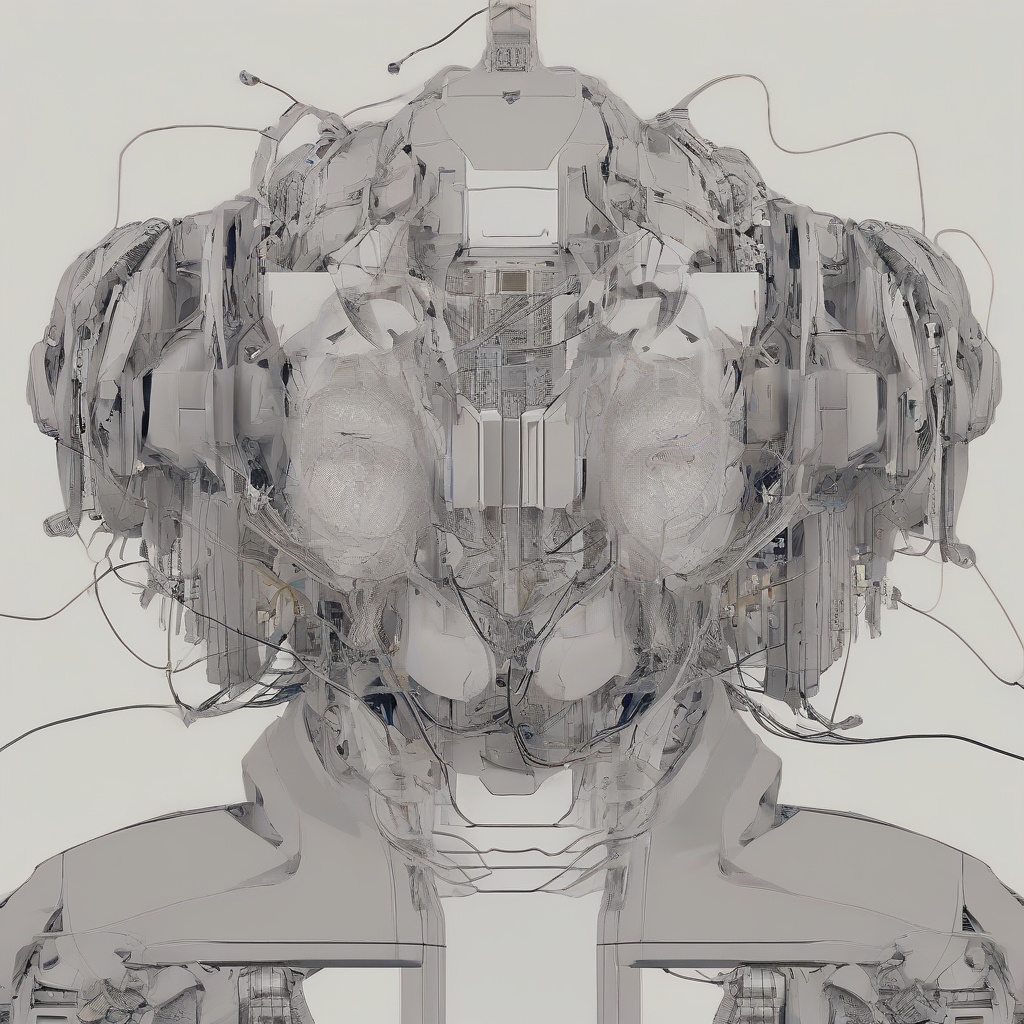Navigating the Complexities of Florida Car Accidents: Your Path to Justice with a Skilled Attorney
Navigating the Complexities of Florida Car Accidents: Your Path to Justice with a Skilled Attorney
Florida’s roadways, bustling with activity and diverse drivers, unfortunately witness a high number of car accidents each year. The aftermath of such incidents can be devastating, involving physical injuries, emotional trauma, and significant financial burdens. Successfully navigating the legal complexities that follow requires the expertise of a seasoned Florida car accident attorney.
This comprehensive guide explores the crucial aspects of Florida car accident law, highlighting the vital role of legal representation and outlining the steps involved in pursuing compensation for your losses.
Understanding Florida’s No-Fault System
Florida operates under a no-fault insurance system, meaning that your own insurance company will initially cover your medical expenses and lost wages, regardless of who caused the accident. However, this system has limitations. The no-fault coverage is capped, typically at $10,000 per person. If your medical bills, lost wages, and other damages exceed this amount, you will need to pursue a claim against the at-fault driver’s insurance company or file a lawsuit to recover the remaining compensation.
- Personal Injury Protection (PIP): This covers medical expenses and lost wages for you and your passengers, regardless of fault.
- Property Damage Liability (PDL): This covers damage to your vehicle and other property.
- Bodily Injury Liability (BIL): This covers the medical expenses and other damages of those injured in an accident you caused.
- Uninsured/Underinsured Motorist (UM/UIM): This protects you if you are involved in an accident with an uninsured or underinsured driver.
The intricacies of Florida’s no-fault system necessitate the guidance of a skilled attorney. They can interpret the policy language, determine the appropriate course of action, and ensure you receive the maximum compensation you are entitled to under the law.
When You Need a Florida Car Accident Attorney
While you might initially attempt to handle the aftermath of a car accident yourself, several circumstances strongly suggest the need for legal representation:
- Serious Injuries: If you have sustained significant injuries, such as broken bones, traumatic brain injury, spinal cord damage, or other life-altering conditions, you need an attorney to protect your rights and ensure you receive adequate compensation for your medical expenses, lost wages, pain and suffering, and future care.
- Dispute Over Fault: If the other driver denies responsibility for the accident, or if the fault is unclear, an attorney can investigate the accident, gather evidence, and build a strong case to prove liability.
- Significant Property Damage: Extensive damage to your vehicle can indicate a more serious accident and the potential for significant personal injuries. An attorney can help you pursue compensation for the vehicle repairs or replacement.
- Dealing with Insurance Companies: Insurance adjusters are trained negotiators, and they often attempt to minimize payouts. An attorney can negotiate with the insurance company on your behalf and protect you from unfair settlement offers.
- Uninsured or Underinsured Driver: If the other driver was uninsured or underinsured, your own UM/UIM coverage may apply. An attorney can guide you through the process of filing a claim under this coverage.
- Wrongful Death Claims: In cases where a loved one has been killed in a car accident, an attorney can help you pursue a wrongful death lawsuit to recover damages for lost income, funeral expenses, and emotional distress.
The Role of a Florida Car Accident Attorney
A skilled Florida car accident attorney provides comprehensive legal representation, including:
- Investigating the Accident: Gathering evidence such as police reports, witness statements, photos, and medical records.
- Determining Liability: Analyzing the evidence to establish who was at fault for the accident.
- Negotiating with Insurance Companies: Working to secure a fair settlement for your damages.
- Filing a Lawsuit: If a settlement cannot be reached, filing a lawsuit to pursue your claim in court.
- Representing You in Court: Advocating for your rights and interests throughout the legal process.
- Calculating Damages: Assessing the full extent of your losses, including medical expenses, lost wages, pain and suffering, property damage, and more.
Choosing the Right Florida Car Accident Attorney
Selecting the right attorney is crucial to the success of your case. Look for an attorney who:
- Specializes in Car Accidents: Experience in this specific area of law is essential.
- Has a Proven Track Record: Look for an attorney with a history of successful settlements and verdicts.
- Offers a Free Consultation: Many attorneys offer free initial consultations to discuss your case.
- Is Responsive and Communicative: You should be able to easily contact your attorney and receive timely updates on your case.
- Is Empathetic and Understanding: Dealing with the aftermath of a car accident is stressful, and you need an attorney who understands and supports you.
The Legal Process After a Florida Car Accident
The legal process after a car accident can be complex and time-consuming. Here’s a general outline of the steps involved:
- Seek Medical Attention: Your health is the priority. Get immediate medical attention for any injuries you sustained.
- Report the Accident: Contact the police and file an accident report.
- Gather Information: Collect contact information from witnesses, take photos of the accident scene, and document any damages.
- Contact Your Insurance Company: Report the accident to your insurance company as soon as possible.
- Consult with an Attorney: Schedule a consultation with a Florida car accident attorney to discuss your case.
- Negotiation and Settlement: Your attorney will negotiate with the insurance company to reach a fair settlement.
- Filing a Lawsuit: If a settlement cannot be reached, your attorney will file a lawsuit on your behalf.
- Discovery and Pre-Trial Motions: This phase involves exchanging information and preparing for trial.
- Trial or Settlement: Your case may proceed to trial, or a settlement may be reached before trial.
Common Types of Damages in Florida Car Accident Cases
Damages in Florida car accident cases can include:
- Medical Expenses: Past, present, and future medical bills, including doctor visits, hospital stays, surgery, physical therapy, and medication.
- Lost Wages: Compensation for income lost due to the accident, both past and future.
- Pain and Suffering: Compensation for physical pain, emotional distress, and mental anguish.
- Property Damage: Compensation for damage to your vehicle and other property.
- Loss of Consortium: Compensation for the loss of companionship and support from a spouse or partner.
- Wrongful Death Damages: In wrongful death cases, damages can include funeral expenses, loss of income, and emotional distress for surviving family members.
Statute of Limitations in Florida Car Accident Cases
It is crucial to understand that Florida has a statute of limitations for filing car accident lawsuits. This means you have a limited time to file your claim. Generally, you have four years from the date of the accident to file a lawsuit. Failing to meet this deadline can result in your claim being dismissed. It is essential to contact a Florida car accident attorney as soon as possible after the accident to protect your rights.
Conclusion (omitted as per instructions)




